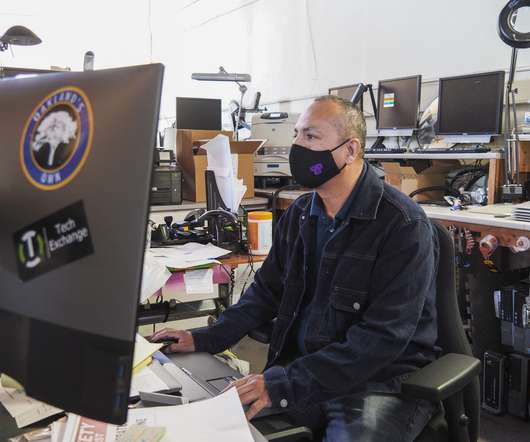Predictions of Print Textbooks’ Death Remain Greatly Exaggerated
Edsurge
APRIL 26, 2019
From 2011 to 2014, U.S. higher education courseware business despite gains in digital—all because of secondary textbook market’s impact. For some students who lack access to broadband and digital devices, and for some schools that can’t handle the logistics of a device for every student, print remains the most accessible way to learn.

















Let's personalize your content